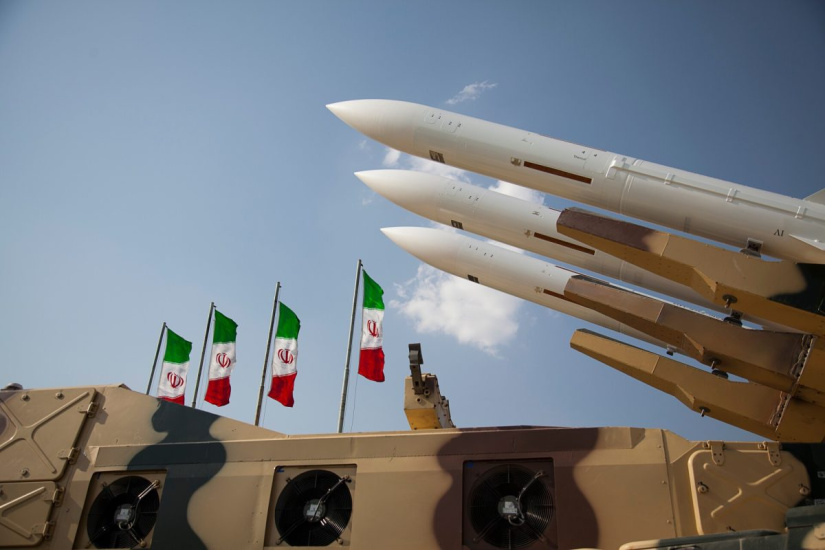The Flawed Discourse of A Nuclear Iran

Against the backdrop of a new emerging phase in Iran-Israel rivalry featuring direct military confrontation between the two powers, there is a growing chorus of voices, even inside Iran's Parliament, calling for a dramatic shift in Iran's national security doctrine in favor of a nuclear-armed Iran.
Echoing a familiar theme championed by, among others, the political theorist Kenneth Waltz, this argument rests on the thesis that Iran requires to go full nuclear for the sake of achieving "regional balance" or equilibrium vis-a-vis Israel's nukes. In turn, this growing sentiment in Iran has translated into calls on the Supreme Leader, Ayatollah Khamenei, to reconsider the edict, fatwa, banning the manufacturing and stockpiling of nuclear weapons, in order to counterbalance Israel, which nowadays poses menacing threats against Iran's nuclear program.
In fact, Donald Trump's electoral victory in US and his selection of several Iran hawks as key cabinet ministers have fueled the above-said discourse in Iran, in light of Trump's recent statement urging Israel to hit Iran's nuclear facilities, in sharp contrast to President Biden who drew a red line on Iran's nuclear and energy assets. Chanes are, then, that Israel (with much US assistance) may target Iran's nuclear facilities in the not so distant future, unless of course it is deterred by a counterbalancing nuclear-armed Iran, so goes the discourse.
But, there are several problems with this argument that point in the direction of avoiding any radical shift in Iran's national security doctrine, which only indirectly relies on Iran's proto-nuclear threshold status as a means of deterrence.
First, the argument that Iran's dash toward nuclear weapons will deter an outside attack is inherently problematic. Iran's nuclear program is monitored under the comprehensive safeguard agreement with the atomic agency, the IAEA, and there is no justification for such an attack. In other words, following the prescriptions of this discourse can potentially lead to more and not less national insecurity for Iran. Second, Iran's 'nuclearization' would actually lock Iran in a perpetual nuclear arms race with 'out of area' Israel, contrary to Iran's national interests, which dictate a sound decoupling of Iran from the habitual Israel-centered national security worries. Commensurate with a healthy self-distancing from the quagmire of Arab-Israeli conflict, Iran's national security priority should be more narrow-focused on its immediate environment, disentangling itself from the Hamas-Israel war and ceasing to pose existential threat to Israel, a UN member state. Already, Iran has paid a heavy price for its moral 'overcommitment' to the Palestinian cause, in contrast to the rest of the largely indifferent Arab and Muslim world, and the time has now come to reconsider this costly approach in favor of a new realism in Iran's foreign policy operating by the pulses of national interest.
Another flaw in the "Iran nuclear" discourse is that it ignores the negative impact of spurring Saudi Arabia toward its own bombs, to counter the threat of Iran's nukes, thus further complicating Iran's regional policy and priorities. Iran and Saudi Arabia should, and can, cooperate on the lofty objective of a Persian Gulf nuclear weapons-free zone, instead of locking horns in an unnecessary and very costly nuclear arms race.
All in all, the present context of Iran's foreign policy militates against any revision of the anti-nuke doctrine reflected in the Leader's edict; the latter exemplifies the historic mission of the Iranian revolution, captured by the French philosopher Michel Foucault, who praised it for its "luminous point toward a distant future" -- that future ought to be a world without nukes in line with the lofty objective of disarmament.
* For more on this, see Eight Reasons Why Waltz Theory On Nuclear Iran Is Wrong - Al-Monitor: The Middle Eastʼs leading independent news source since 201

